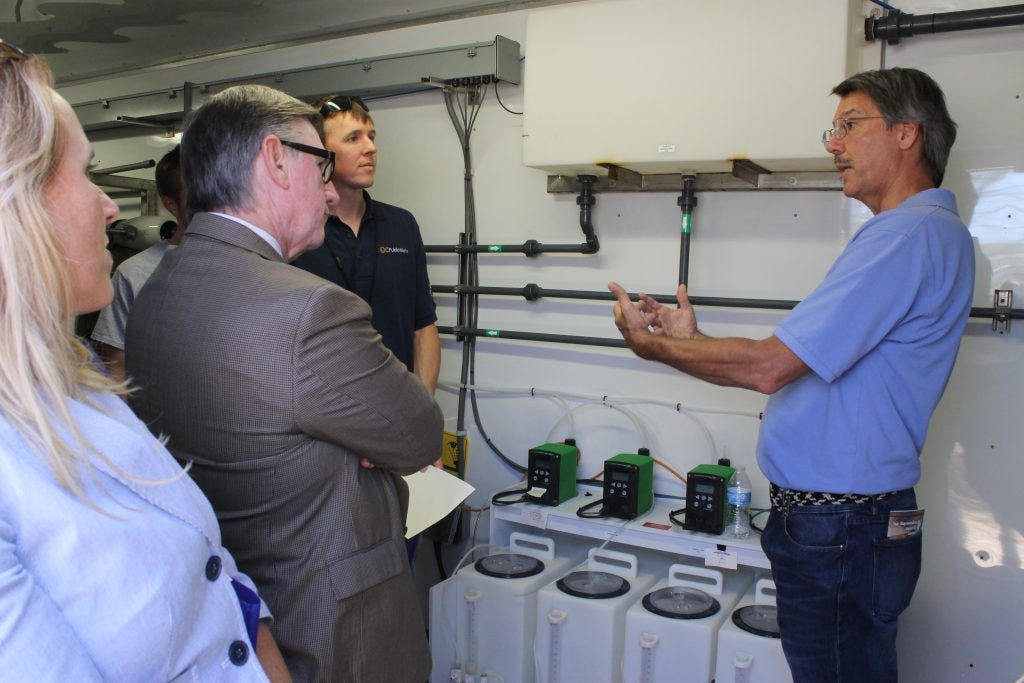MWDOC Should be Transparent about Poseidon Desal Plant
Published May 16, 2012
By Joe Geever
Surf Rider Foundation
When this transcript was first published, Joe Geever is the Water Programs Manager for the Surf Rider Foundation, which works to protect ocean resources. He made these comments at the May 15 meeting of the Board of Directors of the Municipal Water District of Orange County. Originally, the directors had planned to go into closed session to discuss pricing arrangements for water to be delivered from an as yet unpermitted and unfinanced ocean desalination plant proposed by Poseidon Resources Inc. to be built in Huntington Beach, California. The meeting was criticized as a violation of California’s open meetings law, the Brown Act, and postponed until September.
My name is Joe Geever and I’m with the Surf Rider Foundation.
I don’t know if all the board members remember – the staff certainly does – that we actively supported your desal pilot plant in Doheny. And we did that for two reasons. One, because we thought that research needed to be done to identify what the best intake for minimizing marine life mortality was. But also because of the assurances that staff gave us that this would be a completely open, transparent, public process in everything that went on with that project. And they have kept to that promise.
Now what I read is that this process [for the closed Poseidon meeting] is quite different. It feels as if you’re trying to find what the legal limits are for avoiding public transparency.
I guess I would urge you to lean in the other direction, to be as open and transparent and involve the public as much as possible from the beginning.
In my mind, it’s kind of ironic that you’re waiting to see how things play out with San Diego Count with the water purchase agreement from there because I think that’s the model for how not to do it.
The project proponent [Poseidon Resources] would like to blame all the delays on regulatory processes, when actually that project has been stalled because of information withheld or information that was submitted to regulatory agencies that was later discovered to be false. And all of this was happening behind closed doors. It hasn’t helped them move the project forward and it hasn’t engendered any kind of public confidence in the project at all.
You can get attorneys together and argue for minimal transparency and public participation and probably have a lot of legal battles over that. Or, you can lean the other way, toward as much transparency and public participation as possible, like you have in Dana Point, and see where the chips fall. So, I would urge you to lean that way.





